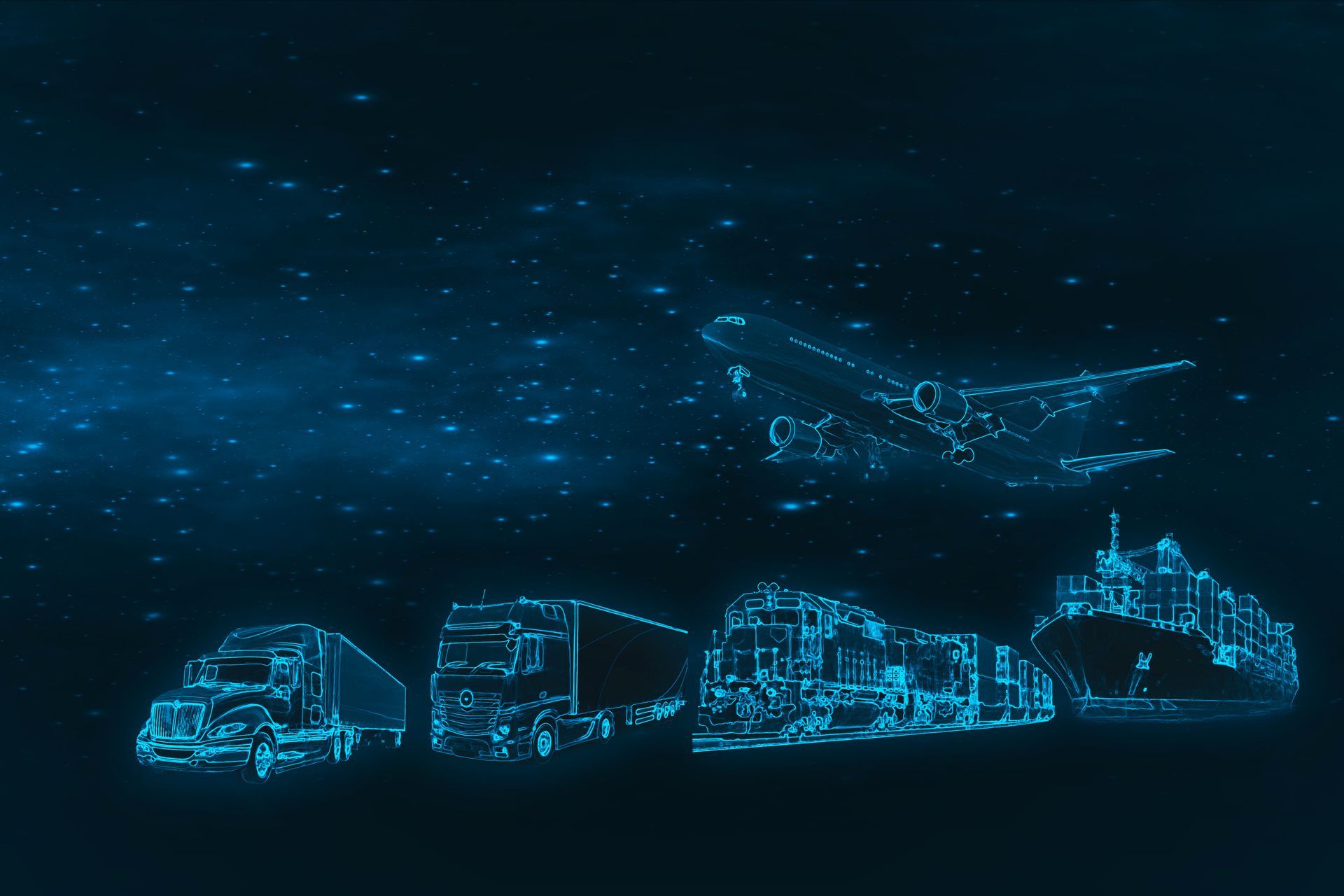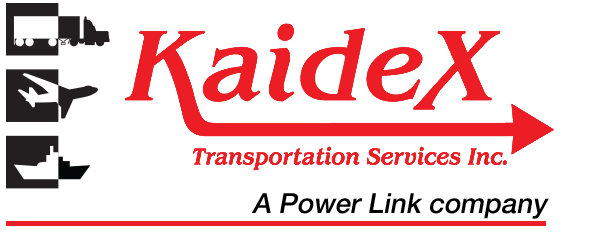By Dawn Sherwin
•
08 May, 2024
Transporting goods across national borders involves a complex web of regulations, documentation, and logistical challenges. Companies must be well-versed in the customs protocols of the countries they are exporting to or importing from, including tariffs, trade agreements, and prohibited items. Efficient logistics management also requires selecting the most suitable mode of transportation, whether it be air, sea, road, or rail, based on factors such as cost, speed, and the nature of the goods. Furthermore, technology plays a pivotal role in this process, with tracking systems allowing companies and customers alike to monitor the real-time location and status of shipments. Successfully navigating these aspects can significantly enhance global trade efficiency, reduce costs, and ensure the timely delivery of goods. In addition to understanding the logistical and regulatory requirements, companies must also prioritize risk management strategies to mitigate potential losses during transit. This involves securing comprehensive insurance coverage for goods, which can protect against damage, loss, and theft. Equally important is the establishment of strong partnerships with reliable logistics providers who have a deep understanding of cross-border trade nuances. These partners can offer invaluable advice on the best routes, handle unexpected challenges, and ensure compliance with all legal and customs requirements. With the landscape of global trade constantly evolving, staying informed about international trade laws and maintaining flexibility in logistics operations are key to navigating the complexities of transporting goods across borders effectively. Technological advancements are revolutionizing the logistics industry, particularly in the realm of cross-border transportation. The integration of blockchain technology, for example, offers a more secure and transparent way to document transactions, significantly reducing the risk of fraud and errors. This innovation can streamline customs clearance processes and improve trust among trade partners. Artificial intelligence (AI) and machine learning algorithms are also being deployed to optimize routes, predict transportation delays, and manage inventory more efficiently. These technologies not only enhance operational efficiency but also provide a competitive edge by ensuring faster and more reliable delivery timelines. As the digital transformation of logistics continues, companies that leverage these technologies will be better positioned to meet the demands of an increasingly complex and fast-paced global trade. When engaging with a transportation company for cross-border services, it is essential to inquire about several key aspects to ensure they align with your logistical requirements and compliance standards. The experienced team at KaideX Transportation Services will share their experience with specific customs regulations and their proficiency in handling the documentation for the countries you are exporting to or importing from is critical. It is also important to understand their capabilities regarding the modes of transportation they offer and whether they can provide multimodal solutions that might be necessary for optimizing your supply chain. Furthermore, query about KaideX’s risk management strategies, particularly how they secure insurance coverage for goods in transit and their protocols for dealing with damages or losses. Assessing their technological infrastructure is equally crucial; inquire about their tracking systems and how they utilize advanced technologies like AI or blockchain to enhance the security, efficiency, and reliability of shipments. Additionally, understanding their partnership networks, such as relationships with local logistics companies in the destination countries, can provide insights into their ability to smoothly handle customs clearance and final mile delivery challenges. Finally, discussing their flexibility to adapt to changing regulations and their capacity to scale services in line with your business growth is essential for a long-term logistics partnership. KaideX Transportation will take care of your company’s cross-border needs using their years of experience. Request a free quote by calling 905-637-2403!




